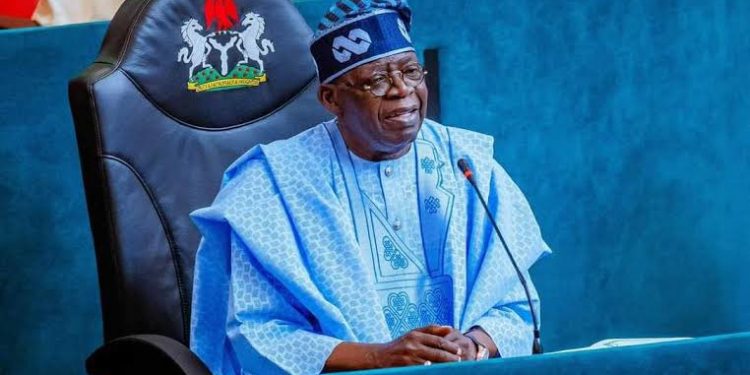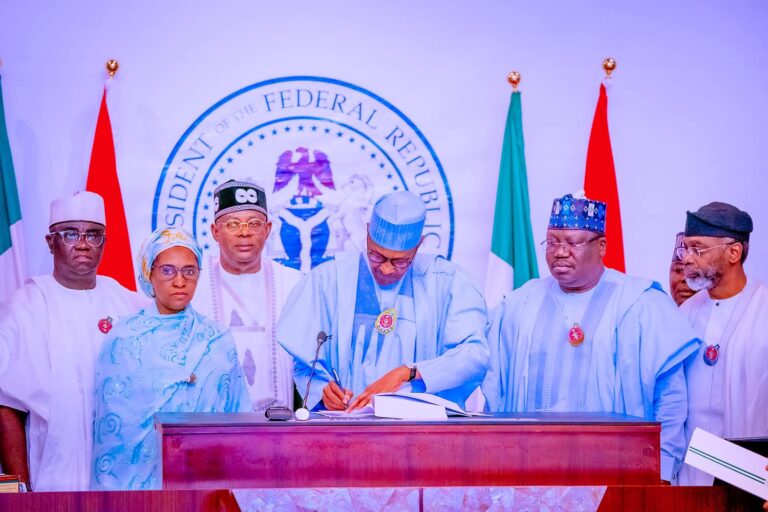The Nigerian federal government has proposed that the Nigerian Maritime Administration and Safety Agency (NIMASA) and the Nigerian Port Authority (NPA) collect charges, fees, and fines in Naira rather than foreign currencies. This move is part of an economic stabilization bill to be presented to the National Assembly, as disclosed by Bayo Onanuga, Special Adviser to the President on Information and Strategy, during a briefing in Abuja.
Onanuga explained that the proposal aims to prioritize the use of local currency in Nigeria, reducing the heavy demand for foreign exchange. He stated, “Under the economic stabilization bills, NIMASA and NPA will now collect all their fees, charges, levies, fines, and other payments in Naira at the applicable exchange rate, instead of charging in Dollars.” This shift, he emphasized, is part of the government’s focus on promoting the Naira and reducing the over-dependence on foreign currency within the Nigerian economy.
This policy is expected to reduce pressure on Nigeria’s foreign exchange market, as fewer players in the maritime and port sectors will need to seek foreign currency. By collecting payments in Naira, the federal government hopes to limit the impact of foreign exchange fluctuations on the Nigerian economy and ease the strain on the forex market.
The move is part of broader efforts to shift from foreign currency reliance in various sectors. For example, the Federal Executive Council (FEC) recently approved allowing the Nigerian National Petroleum Company (NNPC) to sell crude oil to local refineries, including Dangote’s, in Naira rather than U.S. dollars.
Nigeria’s currency, the Naira, has experienced significant volatility in the past year, particularly following the unification of the foreign exchange market in June 2023. While the exchange rate initially stabilized at around N750/$, by the end of the year, the Naira had depreciated to N907/$. In 2024, the Naira saw wild fluctuations, briefly becoming the world’s best-performing currency in April but has since weakened again, trading at around N1,600/$.
This proposed shift is seen as a step toward stabilizing the Naira and easing the burden of forex demand on the Nigerian economy.










